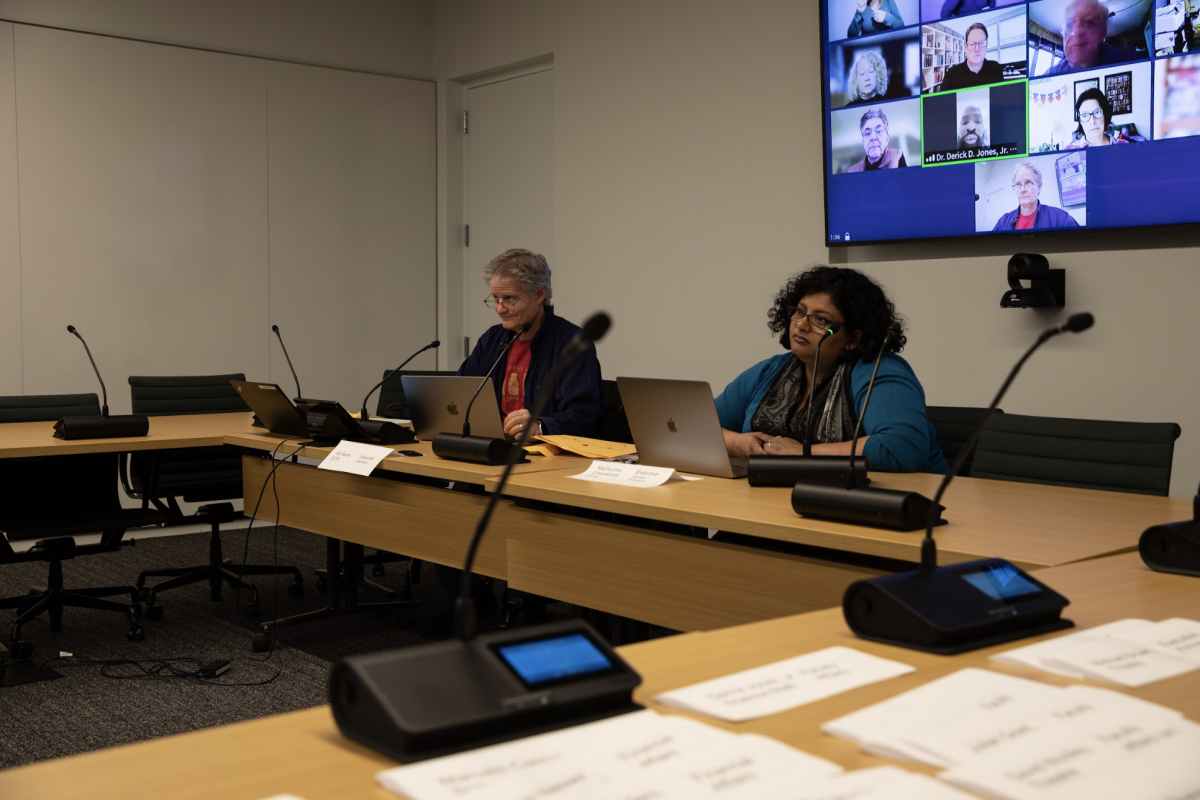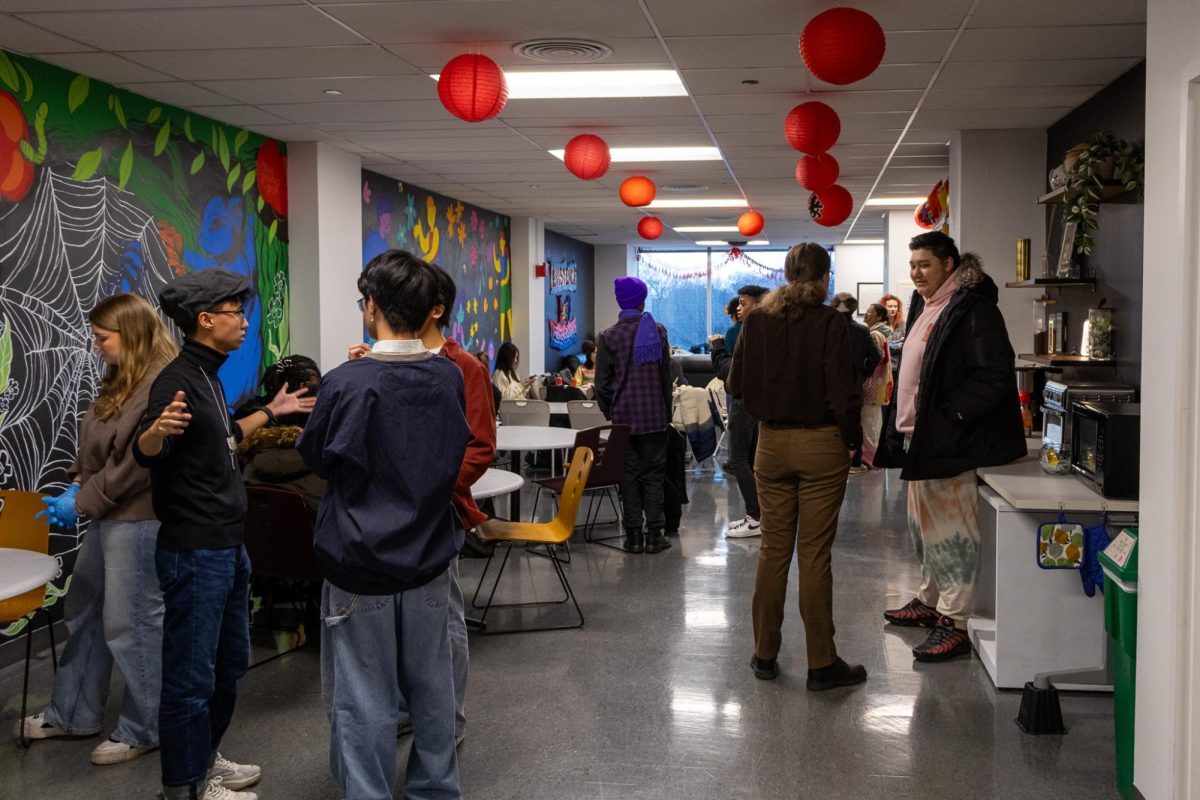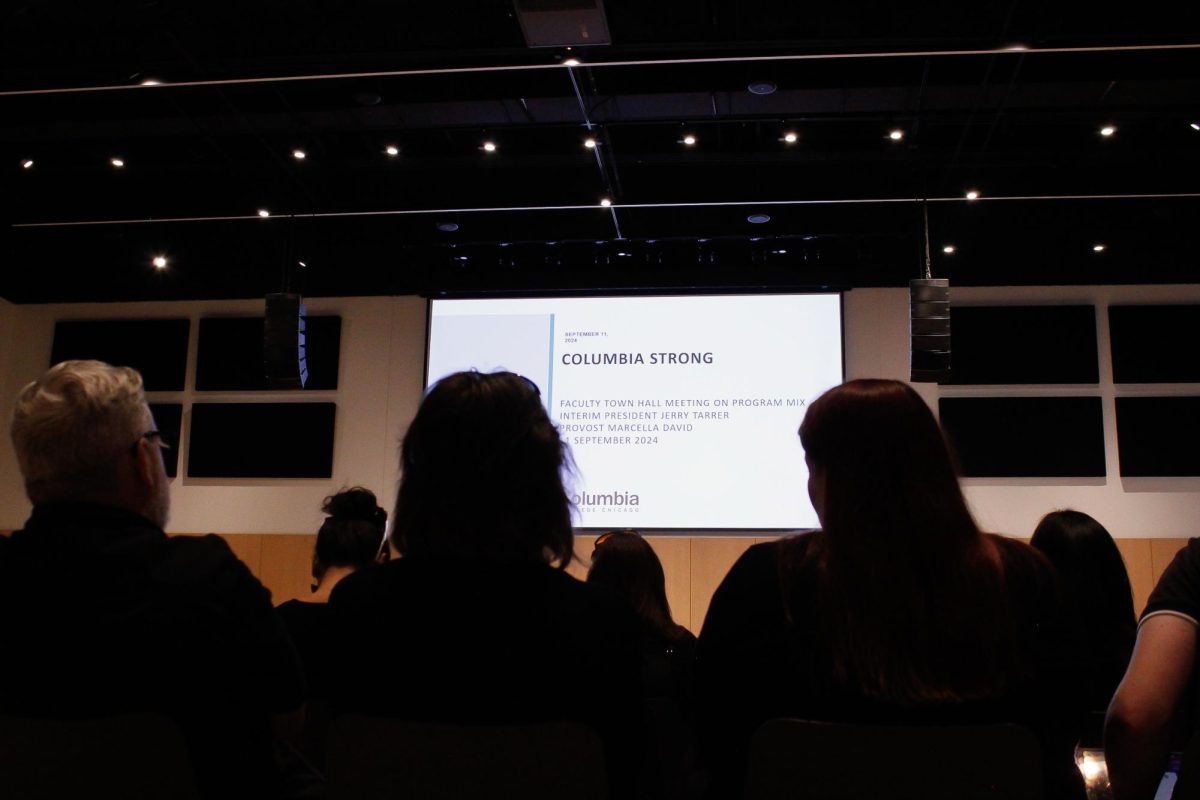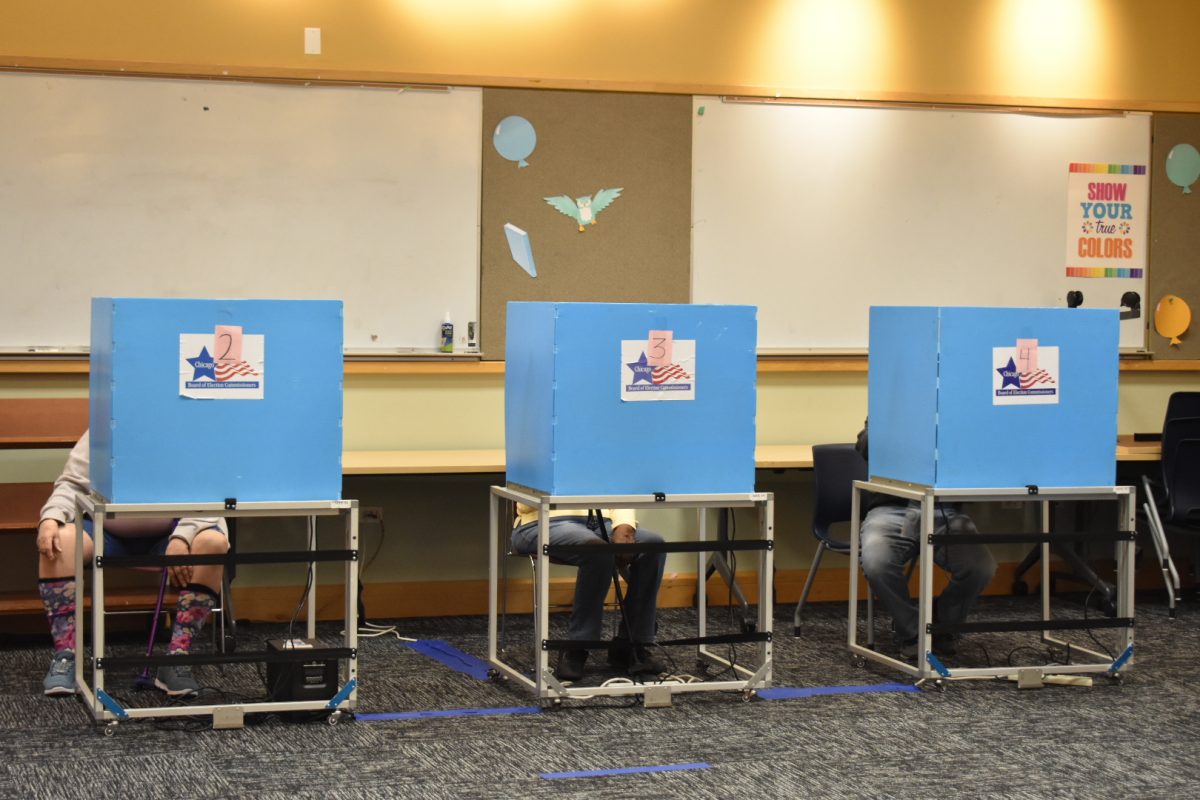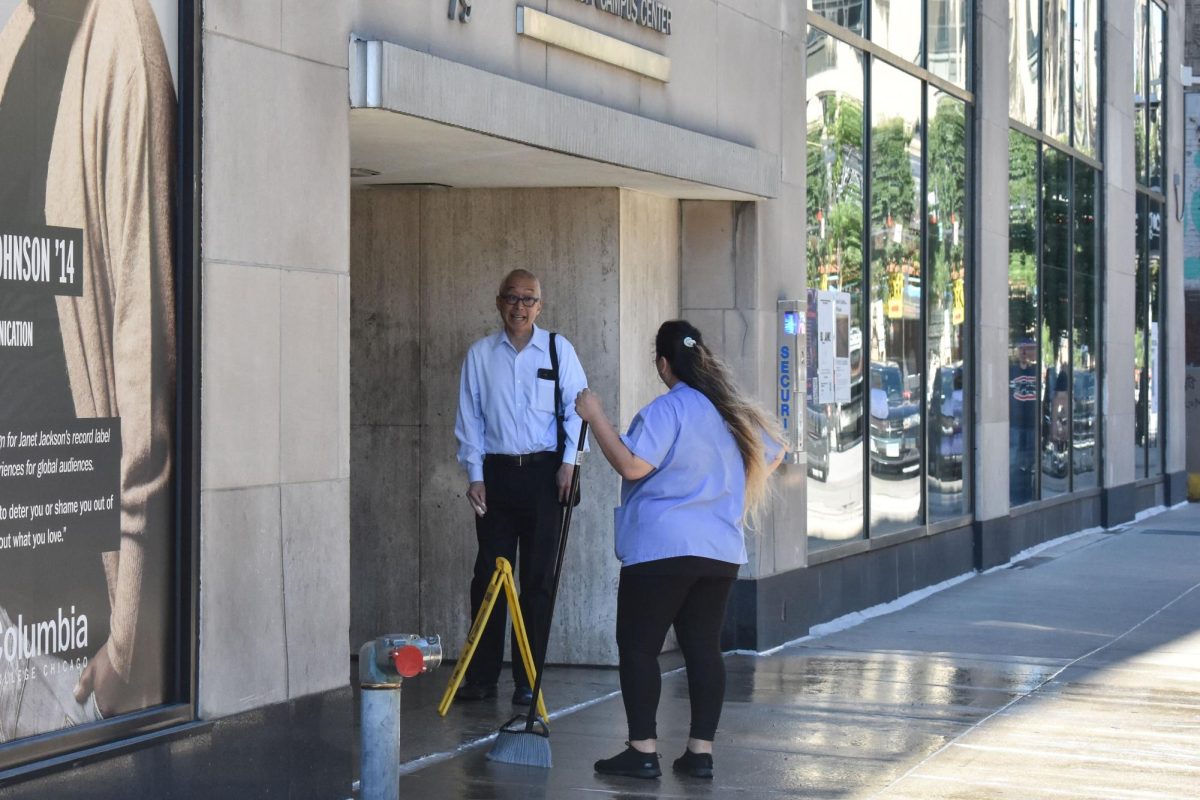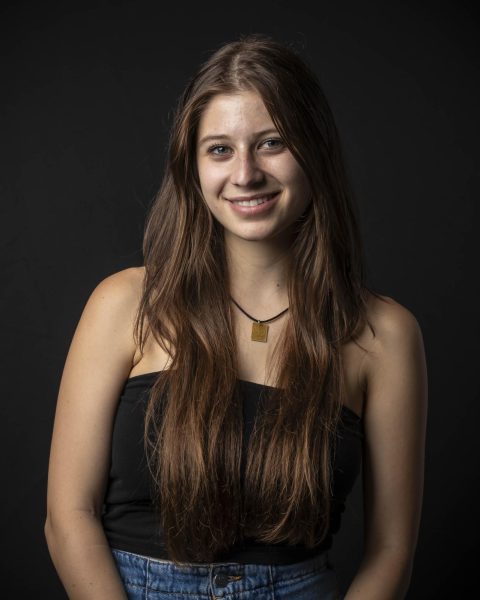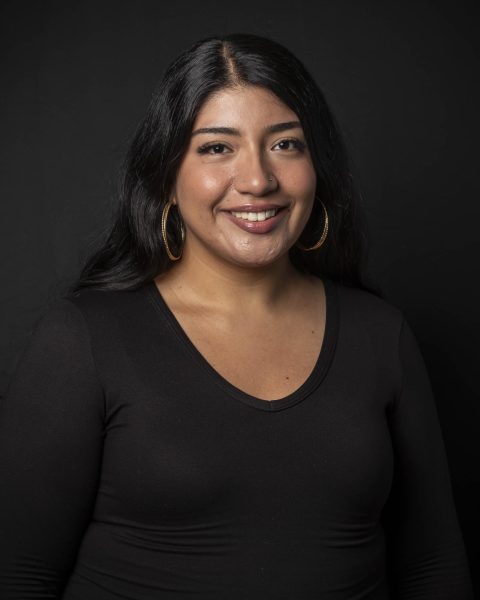The Faculty Senate is pushing back on President and CEO Kwang-Wu Kim’s timeline to address the $38 million financial deficit, saying that making the changes so quickly could lead to negative consequences and that the burden will be placed on faculty and staff to implement them.
Although they acknowledged the “seriousness of our financial circumstances,” the senators said the president didn’t make his case for “adverse circumstances,” which allows the college to lay off faculty with tenure appointments and eliminate programs.
In fact, they pointed out that such a declaration could be even more harmful without more justification for it, impacting the reputation of the college and hurting retention and recruitment. The draft advisory report “remains incomplete in its articulation about how the college will adequately address the current fiscal challenges.”
In their own analysis, the senators found that colleges and universities that declared financial exigency experienced even more enrollment loss.
The executive committee of the senate completed its response on Wednesday, April 10 and shared it with senators on Thursday, April 11. The Faculty Senate is meeting on Friday, April 12 at 12:30 on Zoom and in the 2nd floor boardroom at the Student Center.
Kim will need to prepare a final report to send to the Board of Trustees by May 2.
“We must make sure that decisions that we’re making in a state of urgency are still as thoughtful and deliberate as possible,” according to the report, which was divided into three main areas to reflect Kim’s draft report proposals.
The executive committee is headed by Faculty Senate President Madhurima Chakraborty, an associate professor in the English and Creative Writing Department, and also includes Ted Hardin, associate professor in the Cinema and Television Arts Department; Rojhat Avsar, associate professor in the Department of Humanities, History and Social Sciences and Michael Brown, associate professor in the Theatre Department.
Chakraborty told the Chronicle the senate hopes the Board carefully considers the response with deliberation, care and thoughtfulness.
“Our response to the report makes the case that if the Board, or the college for that matter, makes hasty actions that are not supported with evidence, it has the chance to go very wrong,” she said.
What the Faculty Senate said about program review
In the draft, Kim said the college would start a review to assess programs of concern, which will result in closing programs, combining them or making substantial revisions. The program review was planned to begin in Spring 2024 and finalized in Fall 2024 so they could be incorporated into Fall 2025.
However, a month after the draft was shared, Kim sent an update via email to the senate moving up the timeline to June 14 with the help of a consulting firm.
In a response to the new deadline, the senate leadership said, “the college’s current model for program view is insufficient and that the timeline for doing so is unnecessarily rushed.”
They want programmatic changes to be reviewed in May and again in August, when faculty already are scheduled to meet. The timeline would then return to the original schedule, with recommendations made in Fall 2024.
They expressed particular concerns about programs that share courses, as well as the visibility of certain programs within the community.
“We insist that robust and meaningful conversations have to be layered on top of the program assessment process currently underway to avoid significant oversights and further lost revenues,” according to the report.
What the Faculty Senate said about core curriculum
One of the biggest points of contention has been the possible reduction of the required core from 42 to 30 credits. If the core is reduced, faculty who teach those classes would be vulnerable to layoffs.
The senators also recommended a single process to make revisions to the core, to help “eliminate confusion, added labor and resource expenditure,” according to the draft.
They proposed a new timeline for core revisions, starting with developing a new core philosophy at the end of the Spring 2024 semester. Their timeline would include identifying all existing classes that would count in the core for the following academic year. The Core Committee would meet with the offices of the Registrar, Advising and Strategic Communication and External Relations to build the new system.
The changes would go into effect in Fall 2025 instead of Fall 2024 as Kim has proposed.
What the Faculty Senate said about administrative structure
In his draft report, Kim called for eliminating the college’s school structure. Currently, there are four schools headed by deans: Graduate Studies, Liberal Arts and Sciences, Media Arts and Fine and Performing Arts. Under his proposal, the college would be divided into eight smaller units, or “creative entities,” headed by directors instead of deans or chairs.
This would reduce approximately 50% of the current number of academic administrators with the titles of dean, associate dean and department chair. Those currently in those roles would return to faculty status.
The senate said it appreciated the potential for cost savings of a restructure but once again is worried that “unnecessary haste in making changes can lead to unintended consequences.”
The senate leaders asked for the college to work closely with them to amend the Statement of Policy and to ensure that faculty in leadership roles are fairly compensated and that there are “mechanisms and reasonable timelines for the various levels of transition into the new academic structure.”
Joan Giroux, a professor in the Art | Design Department and president of Columbia’s AAUP chapter, told the Chronicle that for shared governance to be truly effective, the college’s three main governing components have to work together.
The Board of Trustees, the administration, and the faculty “must have ongoing and broad communication with each to enable the collaborative work that must proceed,” she said.
Adverse Circumstances
The process for the board to declare “adverse circumstances” is outlined in the college’s Statement of Policy. The Board of Trustees put things in motion in February when it voted unanimously to ask Kim to prepare a draft advisory report to determine whether the college’s finances were bad enough to declare “adverse circumstances.” Kim surprised the Faculty Senate when he made the announcement on Feb. 9.
The Faculty Senate report found that the advisory report did not meet the bar set by the Statement of Policy for declaring “adverse circumstances.”
In his draft report, Kim went a step further and asked that the “adverse circumstances” remain until the deficit is eliminated.
“If the college holds the capacity for such terminations for an indefinite period of time, it is not tenured faculty but tenure itself that is forfeit,” according to the senate report.
In the background
The college had been in a “planned” deficit, which was exacerbated by both the pandemic in 2020 and by the historic, seven-week part-time faculty union strike last fall.
Before the strike, the deficit was sitting at approximately $19 million. But with the strike, with students out of the classroom half the semester and the college distributing tuition refunds and credits for the classes affected, the deficit swelled to $38 million.
In addition to closing academic programs and laying-off employees, the college has considered selling some real estate — such as the 624 S. Michigan Ave. building, which houses the library, and the president’s residence in Gold Coast. It also has discussed downscaling future Manifest and Commencement celebrations, as the Chronicle previously reported.
Copy Edited by Patience Hurston
Resumen en Español:
El Senado de la Facultad está rechazando el cronograma del presidente y director ejecutivo Kwang-Wu Kim para abordar el déficit financiero de $38 millones, diciendo que hacer los cambios tan rápidamente podría tener consecuencias negativas y que la carga recaerá en la facultad y el personal para implementarlos.
Aunque reconocieron la “gravedad de nuestras circunstancias financieras”, el senado dijo que el presidente no presentó este caso por “circunstancias adversas”, lo que permite a la universidad despedir a profesores con nombramientos permanentes y eliminar programas.
De hecho, señalaron que tal declaración podría ser aún más dañina sin más justificación para ello, afectando la reputación de la universidad y perjudicando la retención y el reclutamiento.
Los aspectos más destacados de la respuesta son lo que dijo el senado sobre la revisión del programa, el plan de estudios básico, la estructura administrativa y las circunstancias adversas.
Resumen en Español por Miranda Bucio


